
3 minutes read
Is HTML a programming language?
Table of contents
- → Introduction
- → Short answer: Is HTML a programming language?
- → What HTML is: a declarative markup language
- → What programming languages do (control flow, variables, loops)
- → Why people call HTML a programming language anyway
- → HTML, CSS, and JavaScript: who does what
- → Examples: HTML markup versus programming logic
- → FAQs
- → Conclusion
Introduction
HTML often gets called a programming language, but it isn’t. It describes what content is on a page, not how to compute with it. I first learned HTML in 2006 to build Pokémon websites; it helped me get familiar with the kind of thinking developers use.
Short answer: Is HTML a programming language?
HTML is not a programming language because it has no variables, conditionals, or loops and it does not execute algorithms. It declares the meaning and structure of content, while CSS handles presentation and layout and JavaScript adds behavior and logic.
What HTML is: a declarative markup language
HTML is a declarative markup language that defines the meaning and structure of web content. It describes elements like headings, links, forms, and images. According to the MDN HTML overview, HTML handles content and structure, CSS handles presentation, and JavaScript handles behavior.
What programming languages do (control flow, variables, loops)
For this article, we use a simple definition: a programming language lets you write algorithms using variables, conditionals, and iteration.
- Variables: store and update values during a program’s run.
- Conditionals (if/else): make decisions based on data.
- Loops (for/while): repeat actions until a condition changes.
HTML has none of these features and does not execute algorithms. It can express declarative constraints (for example, a form field marked required), but that is not general program logic. If you want more background, see What is a programming language?.
Why people call HTML a programming language anyway
People often use “programming” to mean “writing any kind of code.” In that broad sense, writing HTML can feel like programming because you’re telling a browser what content is on the page. In the precise sense, programming means writing logic that runs—HTML doesn’t do that. Don’t feel discouraged if you’re starting with HTML; it’s a helpful first step.
HTML, CSS, and JavaScript: who does what
- HTML: content and structure (semantics).
- CSS: presentation and layout.
- JavaScript: behavior and logic (interactivity and data handling).
Examples: HTML markup versus programming logic
Here’s a quick contrast between declarative markup and executable logic.
HTML (declares content and a constraint):
<form> <label> Name <input type="text" required> </label> <button>Submit</button> </form>
JavaScript (uses a variable and a conditional):
const score = 75; if (score >= 70) { console.log("Pass"); } else { console.log("Try again"); }
FAQs
Why is HTML not a programming language?
Because it has no variables, conditionals, or loops and does not run algorithms. It declares content instead of executing instructions.
Is HTML coding or markup?
It’s markup. You write tags to describe the meaning and structure of content; you’re not writing executable logic.
Do I need JavaScript to make a webpage interactive?
For real interaction and logic, yes. HTML and CSS can do simple things (like required fields or hover styles), but JavaScript runs the behavior.
Conclusion
HTML defines what’s on the page; programming languages define what the computer should do. Use HTML for structure, CSS for presentation, and JavaScript for behavior.
Did you like this article? Then, keep learning:
- Begin web development with comprehensive free and paid courses
- Explains CSS case sensitivity, complementing HTML understanding
- Demystifies how AI language models like GPT function, broadening tech knowledge
- Clarifies algorithmic logic absent in HTML but present in programming languages
- Intro to jQuery, useful for DOM interactions complementing HTML skills
- Adds Vue.js to Laravel projects, expanding frontend options
- Step-by-step guide to add Tailwind CSS to Laravel projects
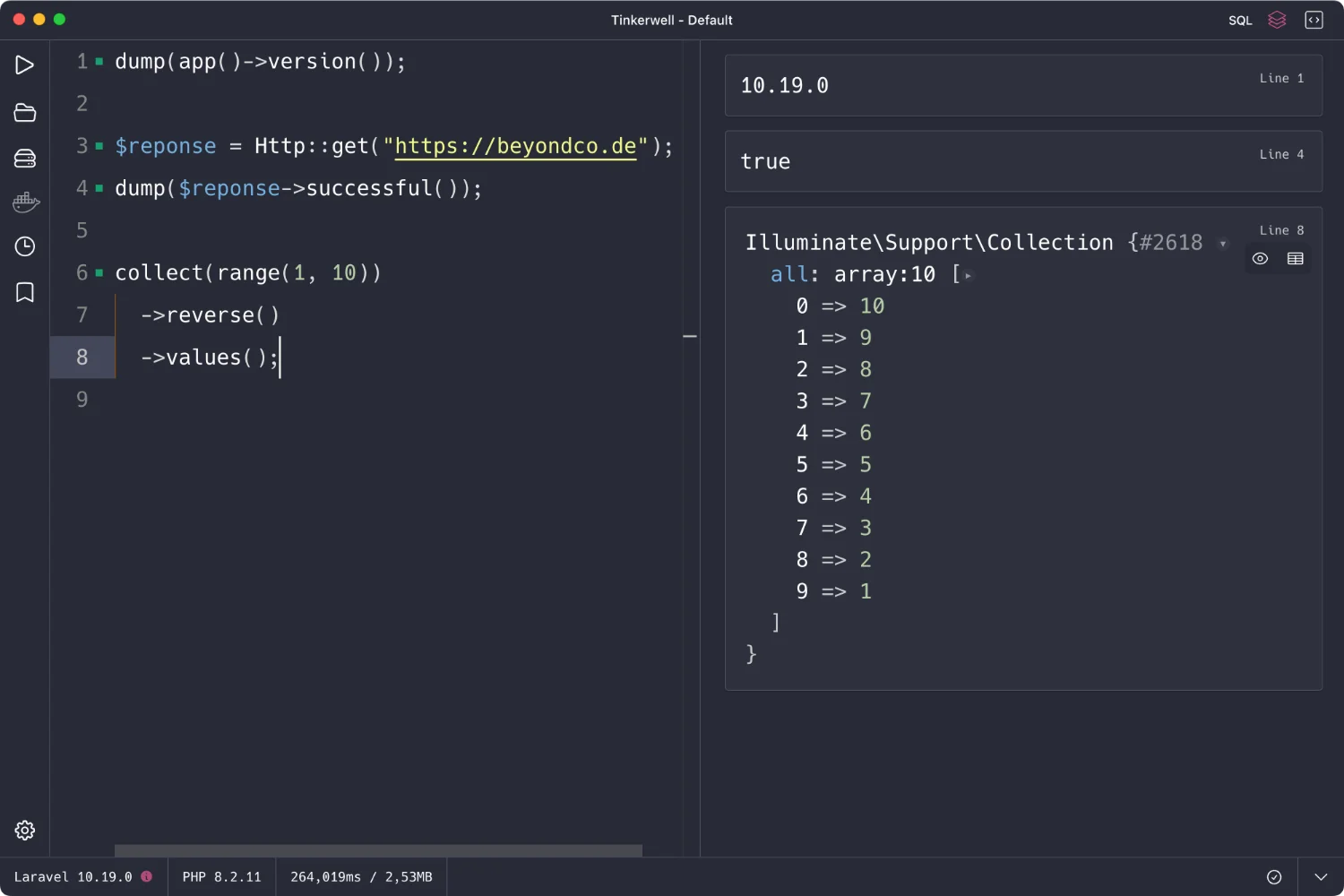
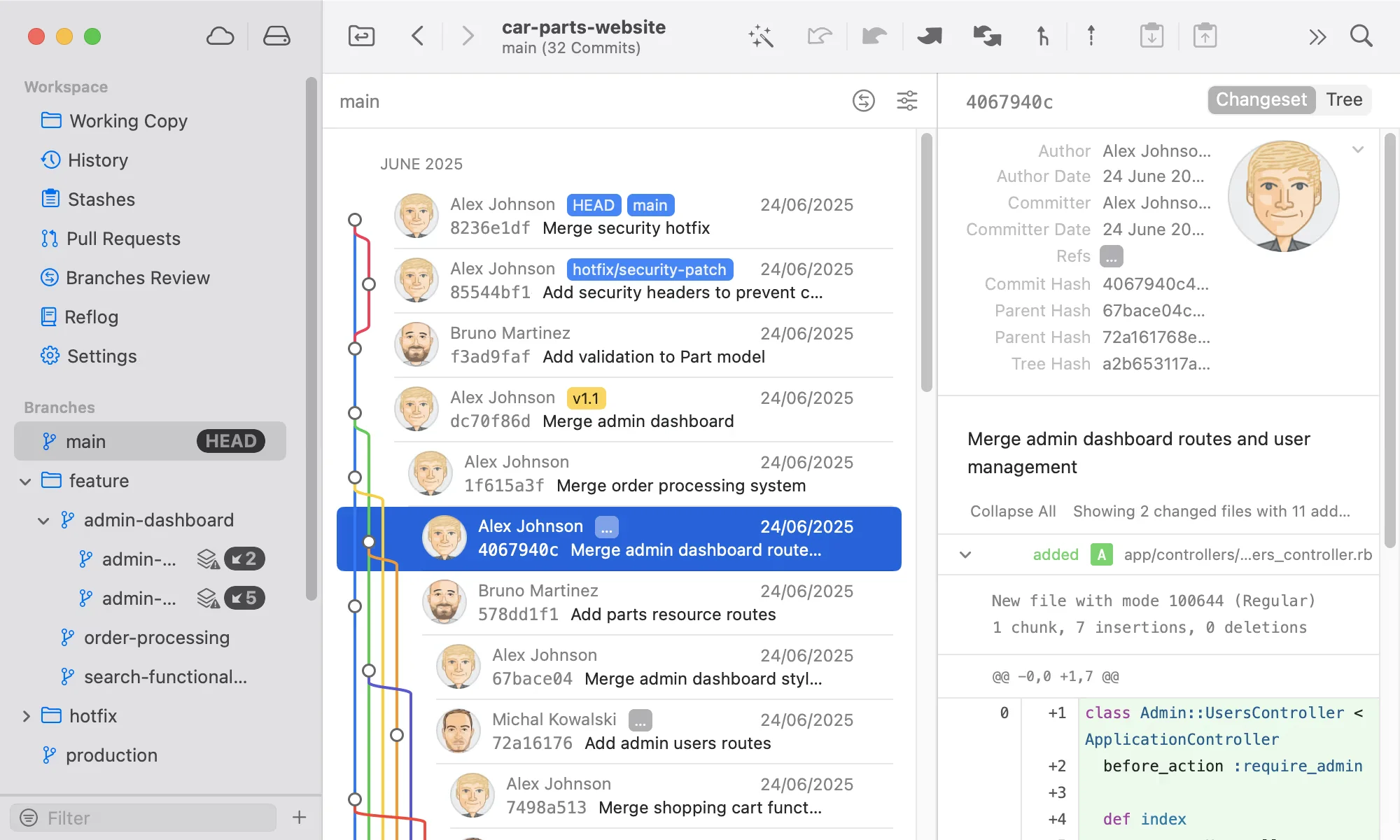
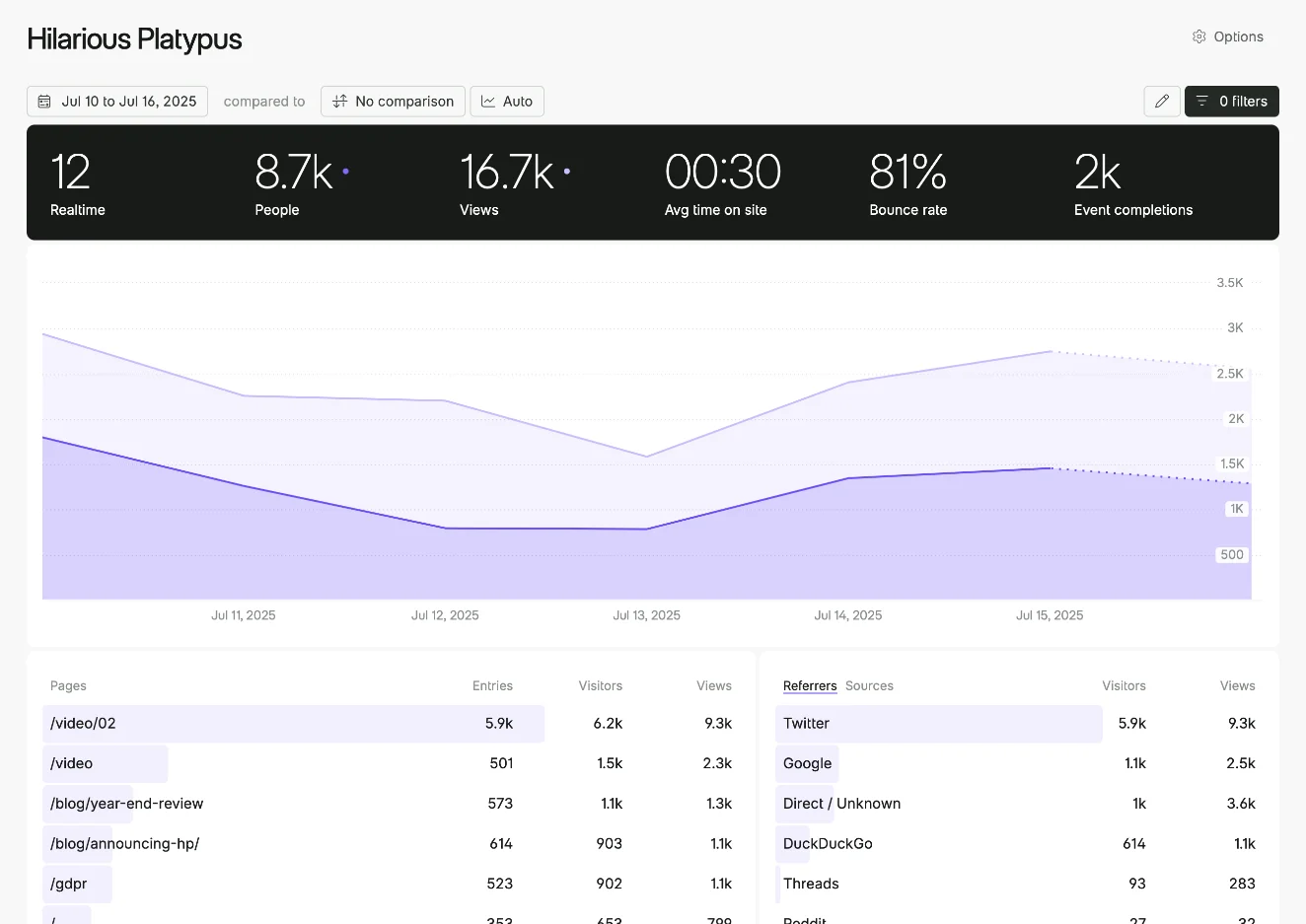
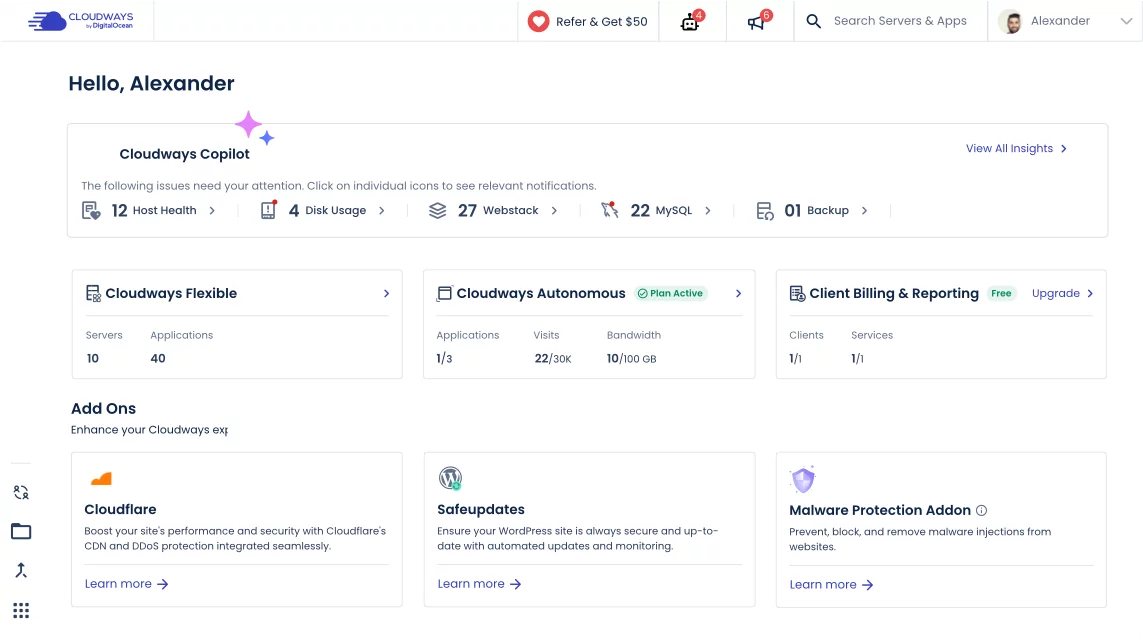

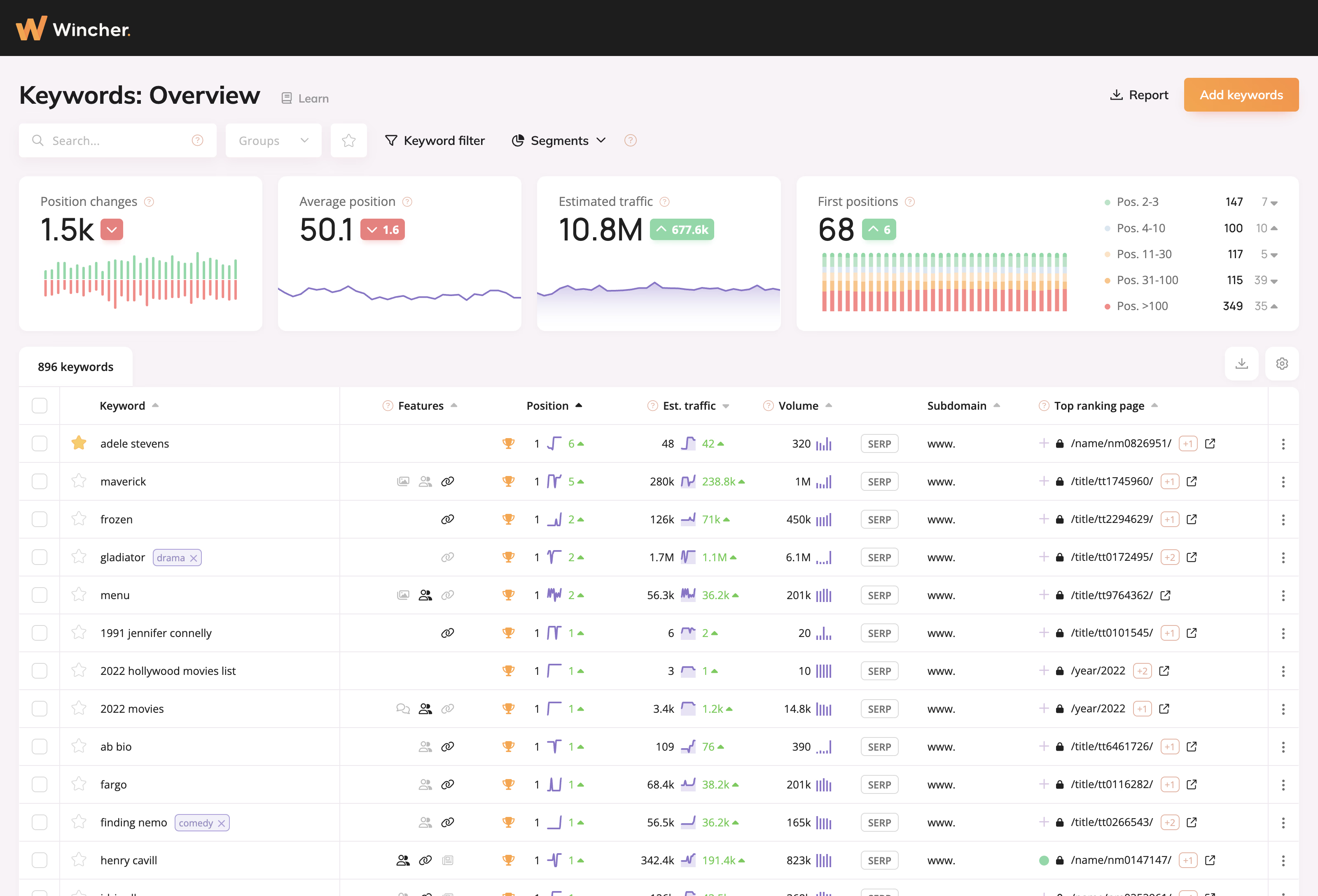
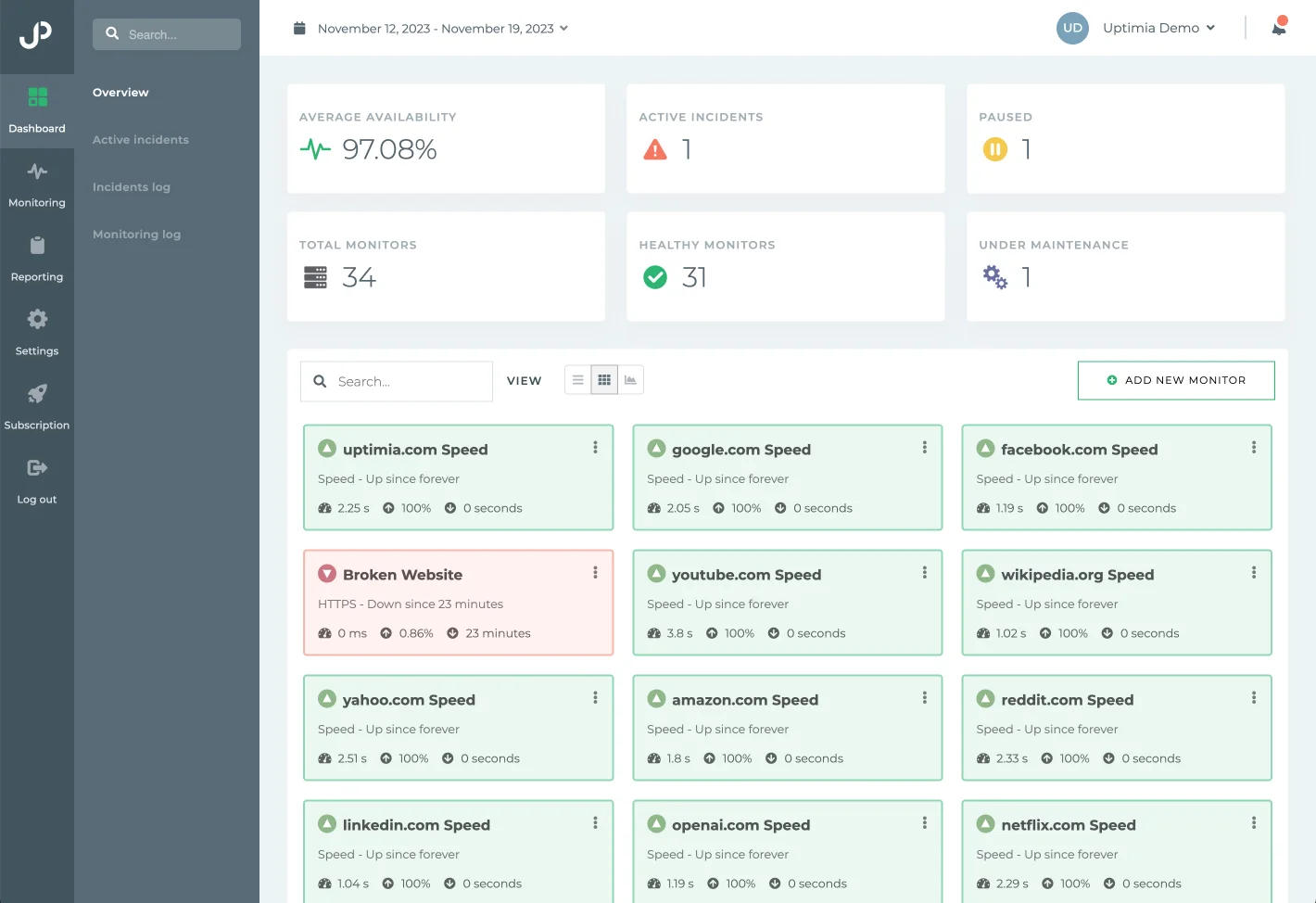
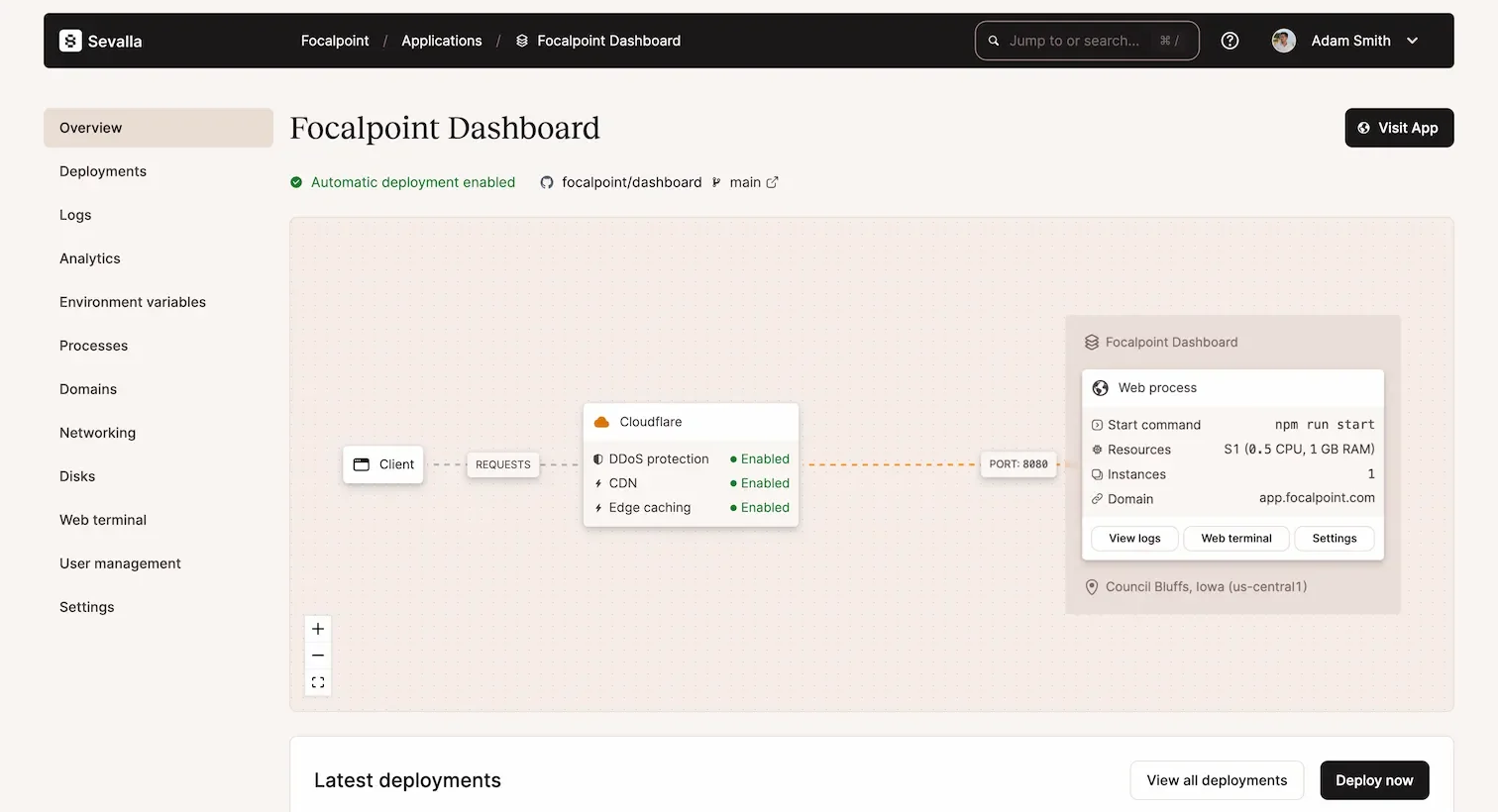
0 comments